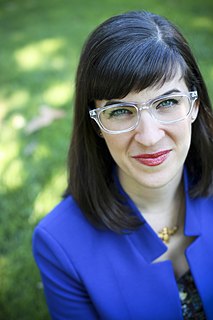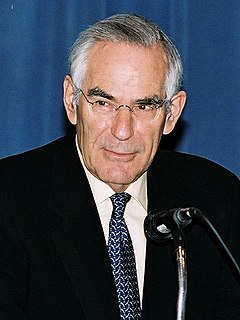A Quote by Noam Chomsky
[Isaiah] Berlin's observation is accurate enough, and applies at home as well, and even more harshly for the reasons already mentioned: the apparatchiks and commissars could at least plead fear in extenuation.
Related Quotes
Fear keeps us rooted in the past. Fear of the unknown, fear of abandonment, fear of rejection, fear of not having enough, fear of not being enough, fear of the future-all these fears and more keep us trapped, repeating the same old patterns and making the same choices over and over again. Fear prevents us from moving outside the comfort-or even the familiar discomfort-of what we know. It's nearly impossible to achieve our highest vision for our lives as long as we are being guided by our fears.
Isaiah is by far the finest and least objectionable of the seventeen prophets whose supposed productions form the latter part of the Old Testament. A distinctly higher moral tone appears in the writings called by his name, and this is especially noticeable in the 'Second Isaiah,' who wrote after the Babylonish captivity.
The generation of Isaiah did not require the detailed description; his account, "I saw the Lord," &c., sufficed. The generation of the Babylonian exile wanted to learn all the details. ...Isaiah was so familiar with it that he did not consider it necessary to communicate it to others as a new thing, especially as it was well known to the intelligent.



































